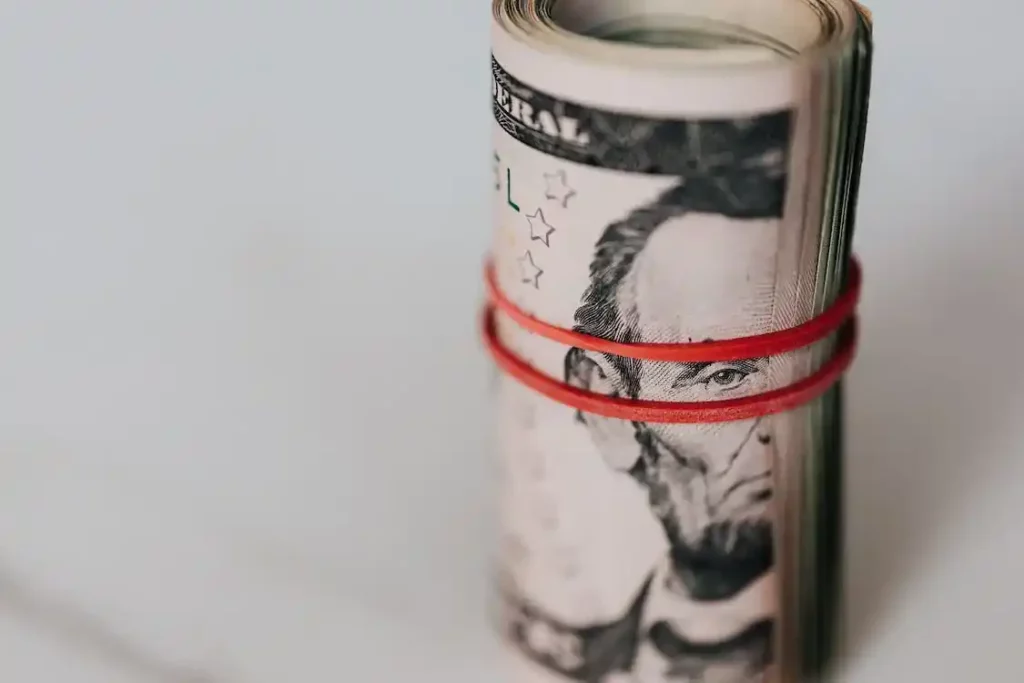A bipolar currency regime is likely to replace the current greenback-based unipolar one, famed economist Nouriel Roubini has predicted.
The US dollar’s status as the world’s main reserve currency is in jeopardy, renowned economist Nouriel Roubini, who predicted the global financial crisis of 2008, wrote in an article for the Financial Times on Sunday.
While no currency is yet capable of replacing the greenback on the pedestal altogether, the US currency is quickly losing its competitive advantage to the Chinese yuan, Roubini said.
“Given the increased weaponization of the dollar for national security purposes, and the growing geopolitical rivalry between the west and revisionist powers such as China, Russia, Iran and North Korea, some argue that de-dollarization will accelerate…In a world that will be increasingly divided into two geopolitical spheres of influence – namely those surrounding the US and China – it is likely that a bipolar…currency regime will eventually replace the unipolar one,” the economist, dubbed ‘Doctor Doom’ by Wall Street for his tendency toward grim predictions, stated.
Sceptics note that the yuan cannot become a true reserve currency unless Beijing lifts capital controls, accepts permanent current account deficits, and the yuan’s exchange rate becomes more flexible. But the economist argues that such points are no longer valid, as Washington is actively undermining the allure of its currency with sanctions.
“Complete exchange rate flexibility and international capital mobility is not necessary in order for a country to achieve reserve currency status…And while China may have capital controls, the US has its own version that may reduce the appeal of dollar assets among foes and relative friends. These include financial sanctions against its rivals, restrictions to inward investment in many national security-sensitive sectors and firms, and even secondary sanctions against friends who violate the primary ones,” Roubini argued.
The economist also noted that China has been stepping up yuan transactions with its foreign partners, and said this trend will likely continue, with more emerging market economies welcoming “the ability to trade oil in [yuan] and to hold a greater share of their reserves in the Chinese currency… given that they do a great deal more trade with China than the US.” He added that new technologies, like CBDCs, Alipay-like payment systems, swap lines between China and its partners and national analogs of the SWIFT messaging system, “will hasten the advent of a bipolar global monetary and financial system.”
“For all these reasons, the relative decline of the US dollar as the main reserve currency is likely to occur over the next decade. The intensifying geopolitical contest between Washington and Beijing will inevitably be felt in a bipolar global reserve currency regime as well,” Roubini concluded.
Image credit: Karolina Grabowska

the usa have used the dollar to coerce.
Coercing is a dangerous game. One step too far actually with russia and putine.
Glad to see that the ” game” is now irreversibly lost for the dollar.
The beginning of the end …..
Yep, they fail to impress. Bored with their antics, lies and deception, bored with the gliterarty’s self adulation. Just a whole lot of bad taste.going on I’m not surprised the $ is taking a tumble.
Silly clowns won’t even realise until faît accompli